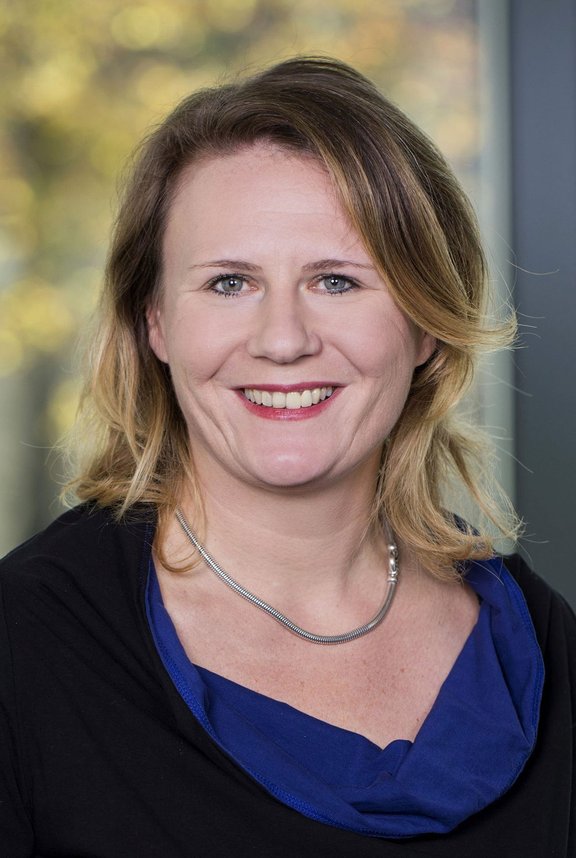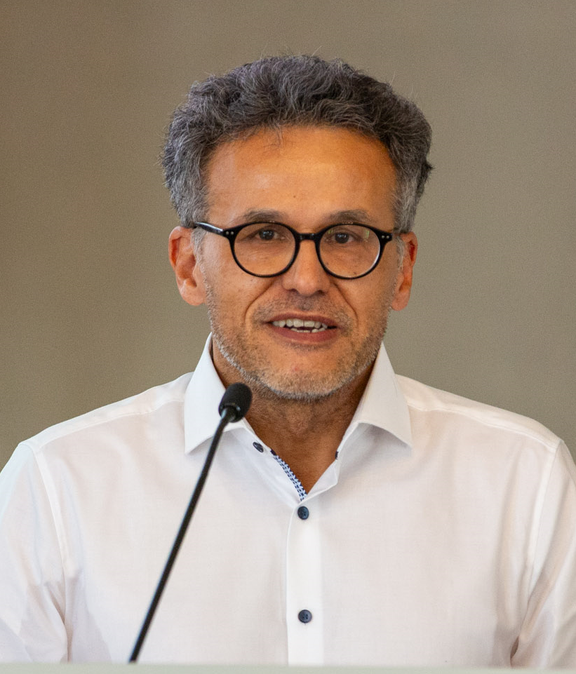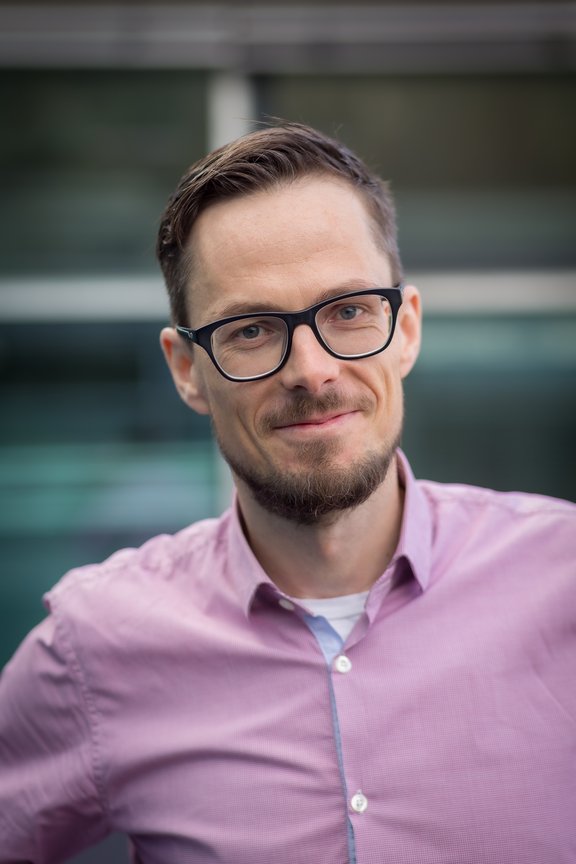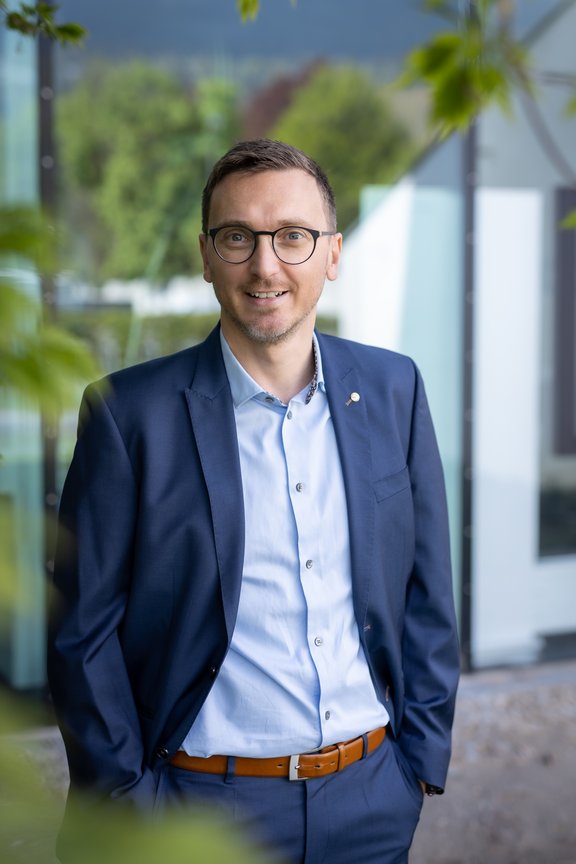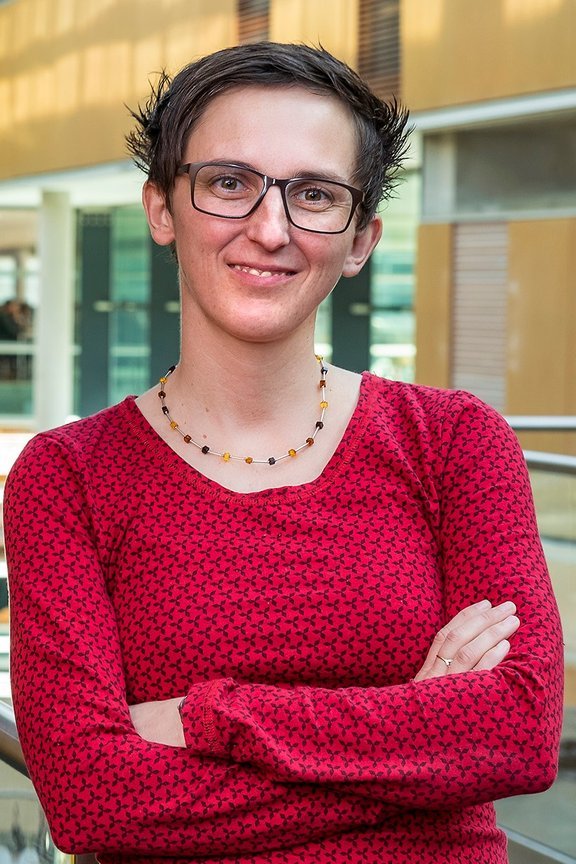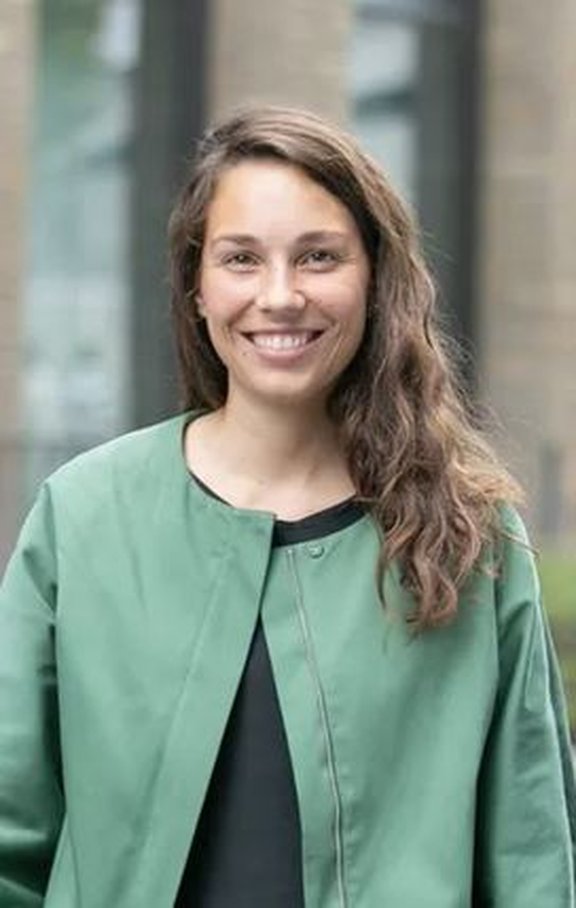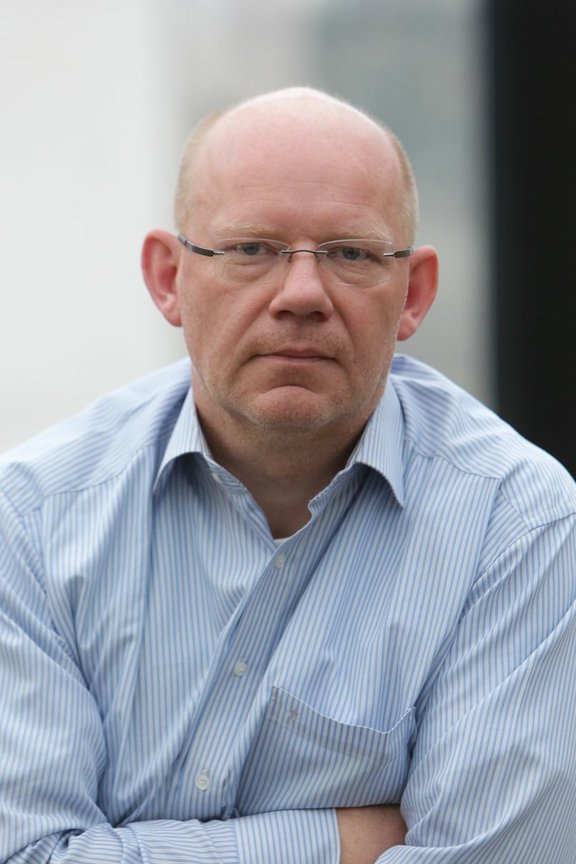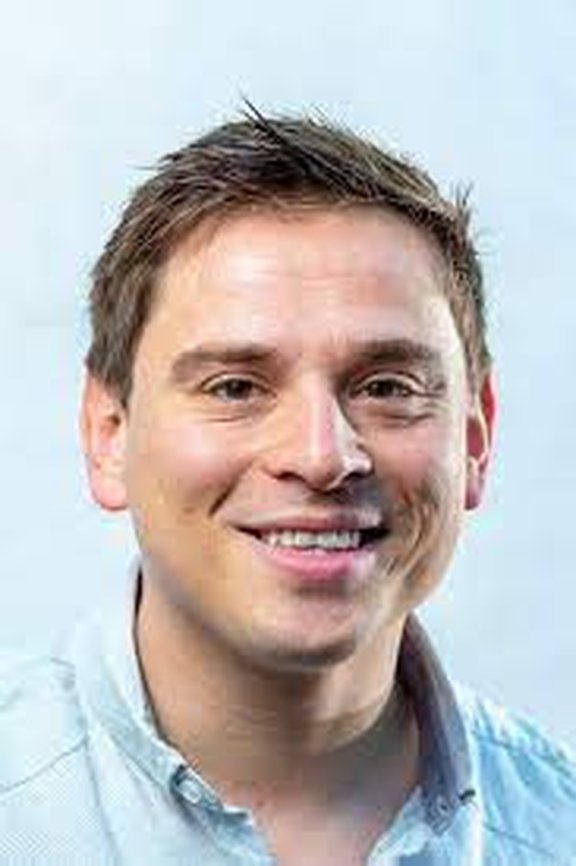
Innsbruck Doctoral College Politics, Power and Language
Politics, power and language are three concepts that, today, are highly contested and with it their relationship. Politics, power and language and their interconnectedness are at the centre of the doctoral college Politics, Power and Language (PPL), which addresses these three concepts through the exchange between different disciplines within and beyond the social sciences and humanities (e.g., computer science, digital humanities, economics, gender studies, history, linguistics, media and communication, philosophy, political science, sociology).
The DC PPL promotes theory-led basic research, critical reflection and empirical analysis in an interdisciplinary way. Our doctoral college is intended as an offer to analyse research questions regarding the (normative) design, (empirical or discursive) description, discursive (re)production, validation, and explanation of political power. We invite members of the DC to explore, discuss and question related phenomena and processes of the generation, justification, dynamics, control, and critique of “power”. Given the variety of the term’s definitions and meanings, the DC will serve as a key platform for deepening knowledge with regard to (a) the corresponding basic belief systems – “Grundverständnisse”, (b) operational functions, instruments, and institutions, (c) actor-specific, institutional or instrumental role profiles and perceptions, and (d) the resulting, intersectional constellations relevant to the social sciences and humanities.
The DC PPL offers PhD students support for the dissertation projects beyond the supervision services of the dissertation agreement through annual retreats, regular training workshops and joint research workshops to deepen theoretical, methodological and writing skills, it offers to participate in research and publication projects of the DC, and it provides the infrastructure for DC students to increase the visibility of their research (e.g., publishing working papers, creating blog posts, podcasts and personal websites).
U n i v . - P r o f . M a g . D r . U t a R u ß m a n n
Speaker
Professor of Media and Communication Studies with a focus on Democracy Research at the Department of Media, Society and Communication
Research profile: Political communication, media and election campaigns, digital communication, (visual) social media, public relations and strategic communication
Methods: qualitative and quantitative research designs, content analysis, comparative research designs
U n i v . - P r o f . M a g . D r. Marcelo Jenny
Vice - Speaker
Professor of Political Science at the Department of Political Science
Research profile: electoral behaviour, party competition, campaigning and candidate selection, parliamentary politics, content and sentiment analysis of political communication
Methods: qualitative (elite interviews) and quantitative (survey research, text as data)
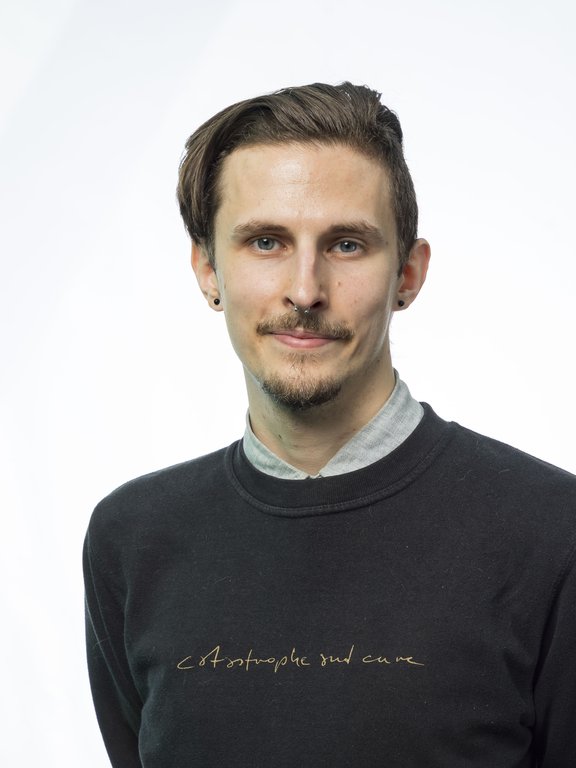
Andreas M. Kraxberger, MA
"Humorous Alternative Framings of Informational Political Content in the Modern Media Environment"
(Preliminary Title of Thesis)
Research Interests: Political Satire; News Avoidance; Political Communication and Social Media; Quantitative Content Analysis
Methods: Quantitative Text Analysis; Eye-Tracking; Galvanic Skin Response; Affective Computing through Facial Expression Measurements; Surveys; Expert Interviews; Mixed-Method-Approach
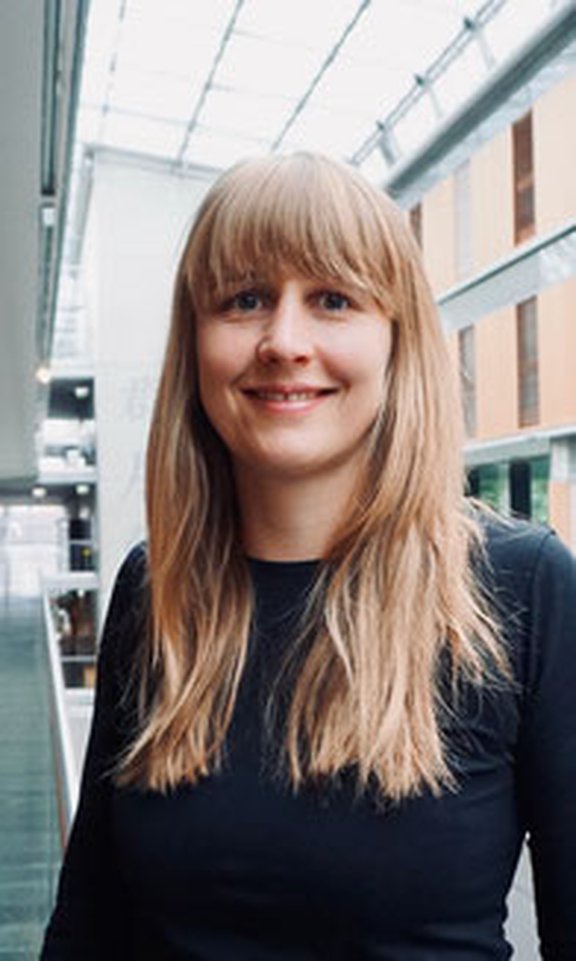
Ass.-Prof.Dr. Sarah Dingler
Department of Political Science with a focus on Empirical Gender Research
Research profile: analysis of political institutions on women's representation and the role of women as political actors in legislatures and the executive
Methods:

Ass.-Prof.Dr. Dominik Duell
Department of Political Science with a focus on how social identity relationships influence citizens' choices
Research profile: Political Behavior, Political Economy, Political Psychology, Behavioral Economics, Representation, Electoral Accountability, Group Identity.
Methods: Laboratory and survey experimental methods, surveys, elite interviews.
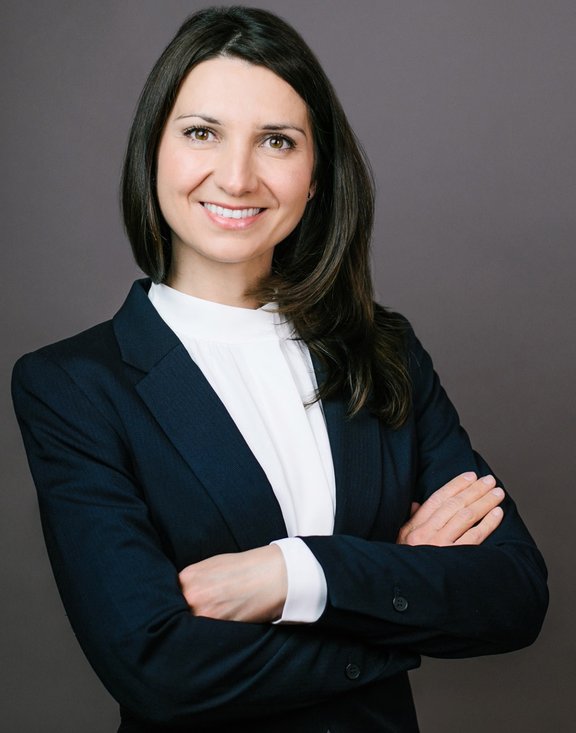
Ass.-Prof.Dr. Viorela Dan
Department of Media, Society and Communication with a focus on Media Change
Research profile: Political communication, strategic communication, visual communication, health communication
Methods: qualitative and quantitative research designs, content analysis, experiments
Prof.Dr. Martin Senn
Department of Political Science with a focus on International Order and (International) Political Communication
Research profile: The nature and development of order in world politics, the international nuclear order, Austrian foreign- and security policy, political communication in national and international contexts
Methods: quantitative and qualitative text analysis, surveys, process tracing
Ass.-Prof.Dr. Franz Eder
Department of Political Science with a focus on International Relations
Research profile: Foreign and Security Policy; Small States and Grand Strategies; Domestic Politics and Foreign Policy; Open Science
Methods: qualitative, quantitative and mixed-method research designs; discourse network analysis; quantitative text analysis; process-tracing
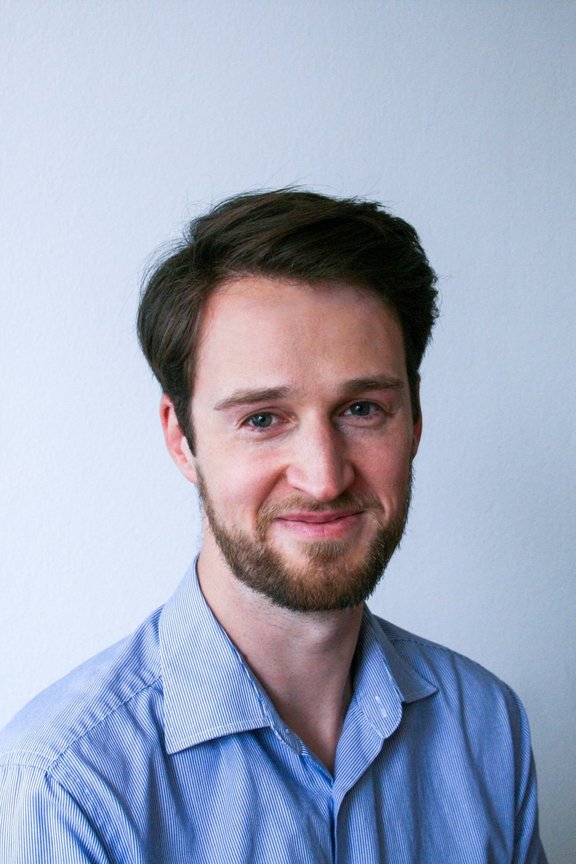
Fabian Habersack, PhD
Department of Political Science with a focus on the Populist Radical Right and Liberal Democracy
Research profile: Populism, Radical Right, Democracy and Representation, Party Competition, Political Behavior
Methods: Quantitative Methods, Surveys, Experimental Designs, Computational Mehods, Text-as-Data, Image-as-Data
Ass.-Prof.Msc PhD Lore Hayek
Department of Political Science with a focus on Austrian Politics and Civic Education
Research profile: Austrian politics, electoral campaigning, political journalism, political crisis communication
Methods: Automated and manual quantitative content analysis
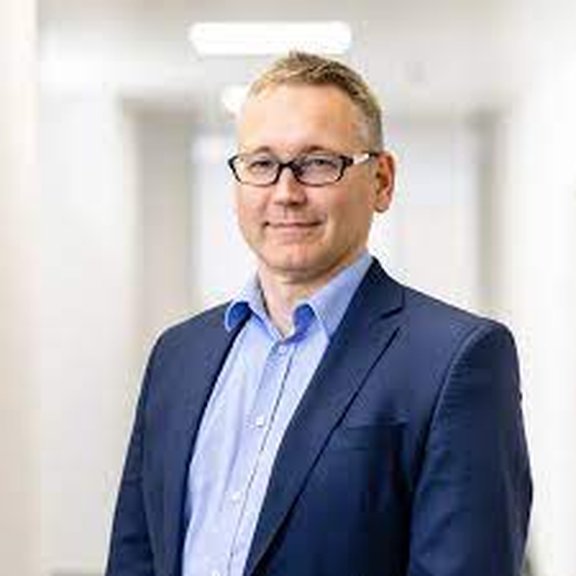
Prof.Dr. Adam Jatowt
Department of Computer Science with a focus on text analysis and natural language processing
Research profile: Natural Language Processing, Information Retrieval, Artificial Intelligence
Methods: Large Language Models, Quantitative analysis, Crowdsourcing
Ass.-Prof.Dr. Lisa Lechner
Department of Political Science with a focus on Political Science Methodology
Research profile: international economic policies (trade, investment, tax), constitutional courts,
environmental policies, human rights, diffusion, and issue-linkage
Methods:
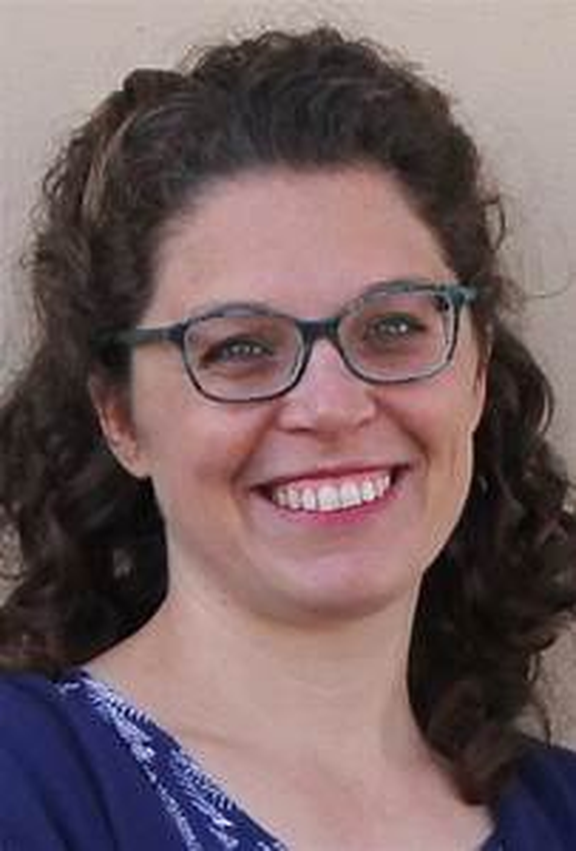
Ass.-Prof.Dr. Camilla Moriotto
Department of Political Science with a focus on European Politics
Research profile: politics and policies of the European Union, European legislative and executive politics, with emphasis on policy implications.
Methods: qualitative (elite survey, content analysis) and quantitative (text as data, experiment)
Prof.Dr. Andreas Maurer
Department of Political Science with a focus on European Parliament and interparliamentary cooperation in EU affairs
Research profile:
Methods:
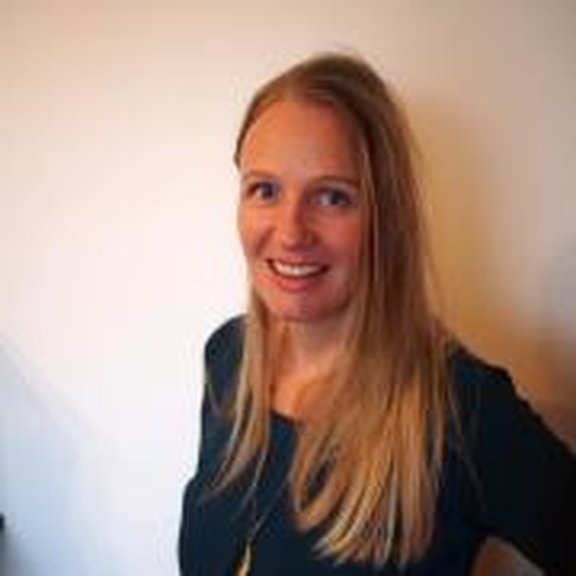
Ass.-Prof.Dr. Claudia Posch
Department of Linguistic with a focus on digital linguistics
Research profile: CADS – Corpus Assisted Discourse Studies (Digital Linguistics, Digital Discourse Historic Approach), Language and Gender, Political Rhetoric and Argumentation, Digital Humanities
Methods: qualitative (linguistic discourse analysis, argumentation analysis) and quantitative (corpus linguistic and quantitative linguistics methods, text as language data)
Ass.-Prof.Dr. David Willumsen
Department of Political Science with a focus on comparative politics and political institutions
Research profile: Legislative Studies, Representation, Coalition Government
Methods: Quantitative analysis of legislative data (floor voting, committee assignments, speeches), voter surveys, elite surveys
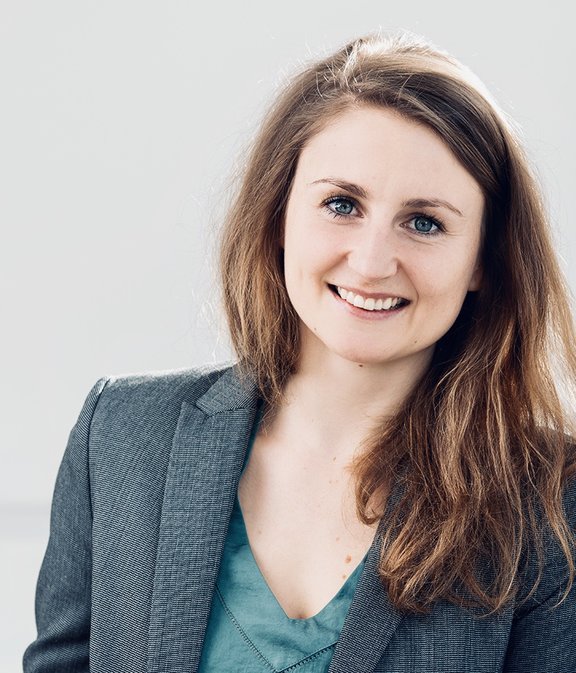
Katja Astner
"State Advocacy for Nuclear Disarmament"
(Preliminary Title of Thesis)
Research Interests: Nuclear Non-proliferation and disarmament, international security and the nexus of states and humanitarian advocacy efforts
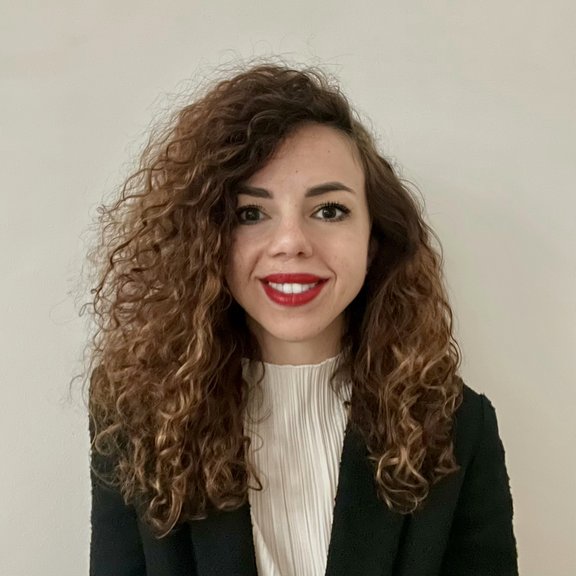
Hana Dogovic
"Substantive parliamentary representation of small minorities in consociational systems"
(Preliminary Title of Thesis)
Research Interests: Political representation; Substantive representation; Power-sharing systems; Political rights of minorities
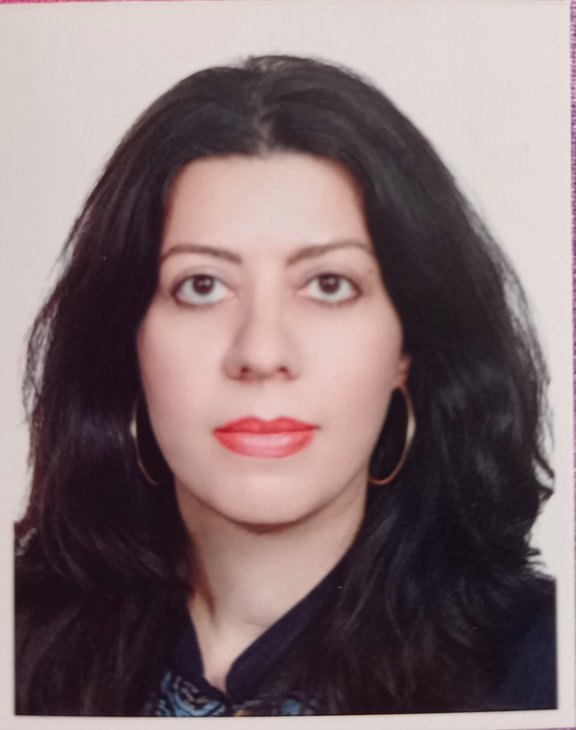
Niloofar Golobostanfard
"Transnationalism and changing identity and heritage through migration and how it affects bilingualism"
(Preliminary Title of Thesis)
Research Interests: Migration, cultural transformations, diaspora, multilingualism, tangible and intangible heritage discourse, heritage reputation, identity reconstruction, sense of belonging, transnationalism
https://ir.linkedin.com/in/nilofar-golbostanfard-1b31b295
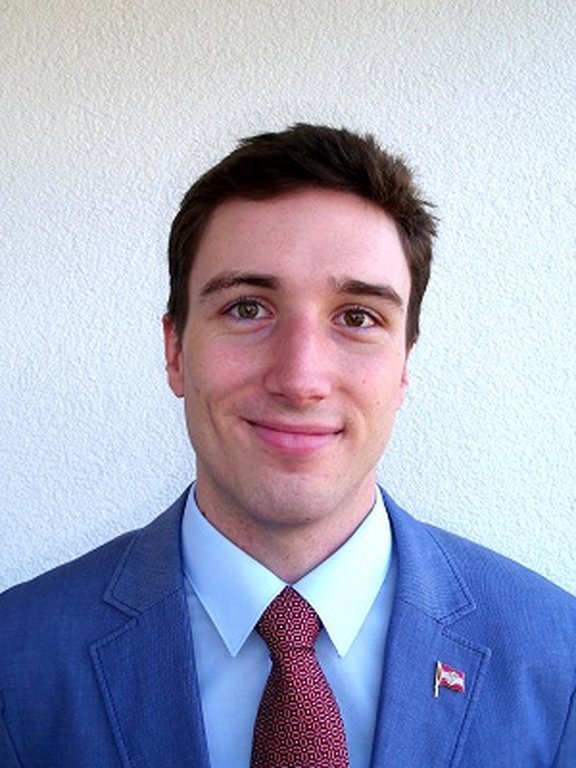
Gregor Handrich, MA
"Die Dritte Welle der Autokratisierung: Strategien des „executive aggrandizement“ im Vergleich"
(Preliminary Title of Thesis)
Research Interests: Comparative Politics, with a focus on political strategy, autocratization and political leadership
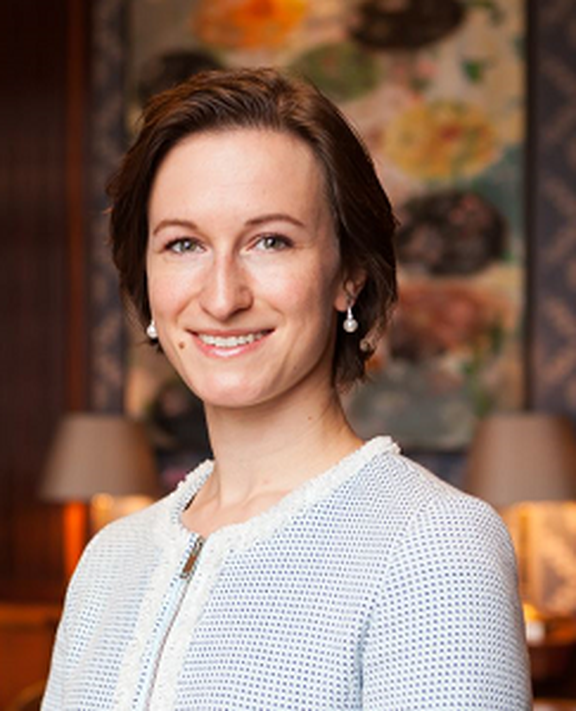
Anna Katharina Höfler
"Great Power Responsibility in World Politics: A Recognition-Game Perspective"
(Preliminary Title of Thesis)
Research Interests: International Relations
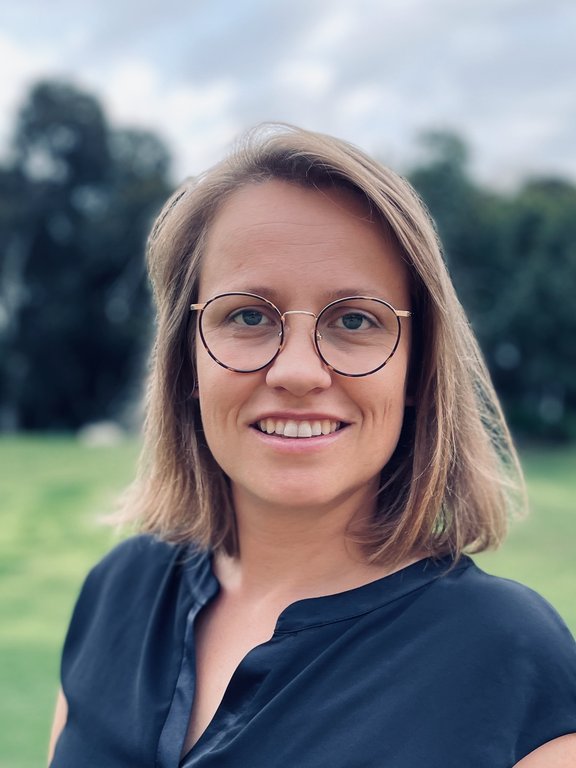
Stefanie Kirchweger
"International Intelligence Cooperation and Foreign Policy"
(Preliminary Title of Thesis)
Research Interests: Intelligence Studies, International Intelligence Relations, Foreign Policy Analysis

Andreas M. Kraxberger
Student Representative
"Humorous Alternative Framings of Informational Political Content in the Modern Media Environment"
(Preliminary Title of Thesis)
Research Interests: Political Satire; News Avoidance; Political Communication and Social Media; Quantitative Content Analysis
Methods: Quantitative Text Analysis; Eye-Tracking; Galvanic Skin Response; Affective Computing through Facial Expression Measurements; Surveys; Expert Interviews; Mixed-Method-Approach
https://www.linkedin.com/in/amkx/
https://twitter.com/andikraxberger
https://www.tiktok.com/@andikraxberger
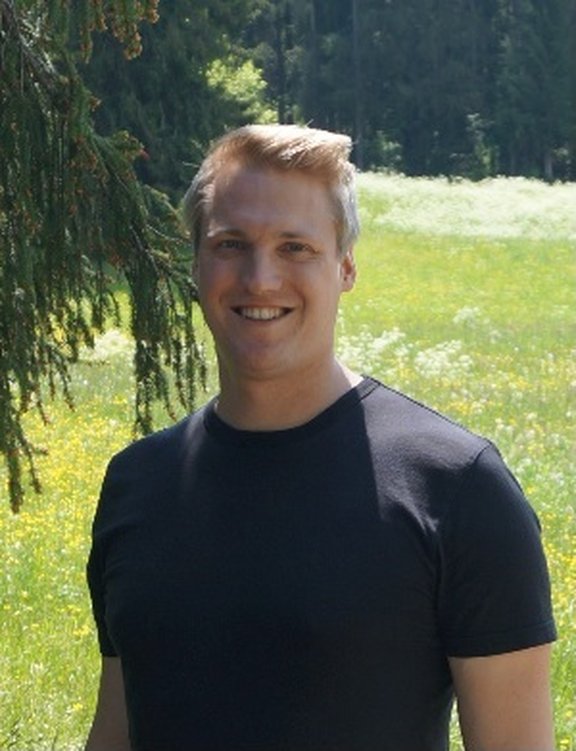
Manuel Mayrl
"Press-Politics Relations in Austria"
(Preliminary Title of Thesis)
Research Interests: Political Communication, Journalism, Media Effects, Quantitative Text Analysis
https://twitter.com/@ManuelMayrl
https://www.linkedin.com/in/manuel-mayrl/
Manuel Mayrl (0000-0002-0257-2729) (orcid.org)
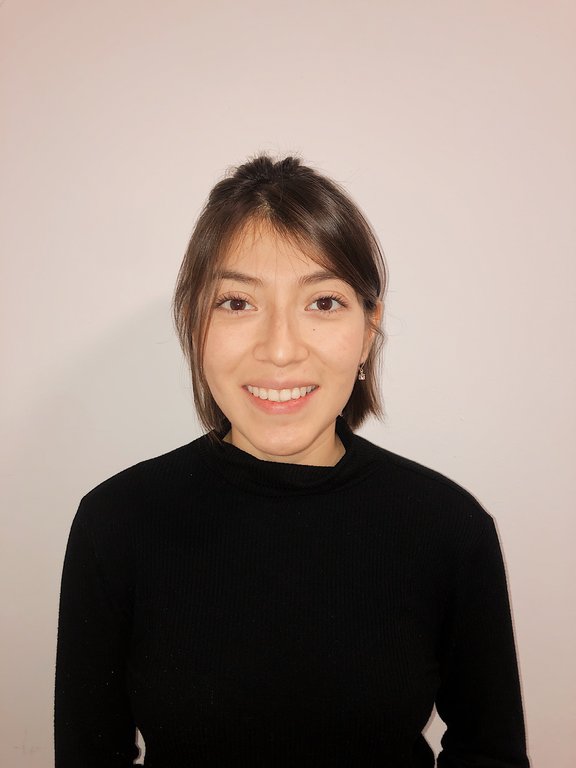
Camila Montero Trujillo
"Intra-party Democracy and Women’s Representation: A Comparative Analysis of Levels of Inclusion of Member Participation and their Impact on Women’s Representation in Advanced Democracies"
(Preliminary Title of Thesis)
Research Interests: political parties, women's representation, intra-party democracy
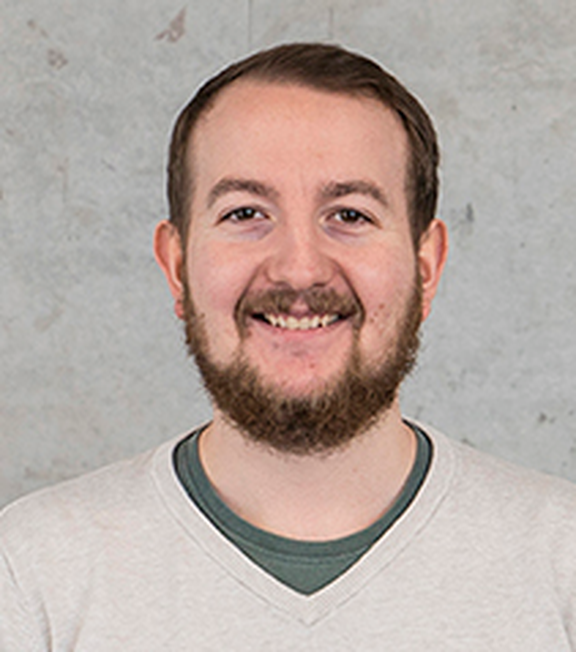
Andreas Pehr
"Benchmarking Federalism"
(Preliminary Title of Thesis)
Research Interests: Comparative Federalism
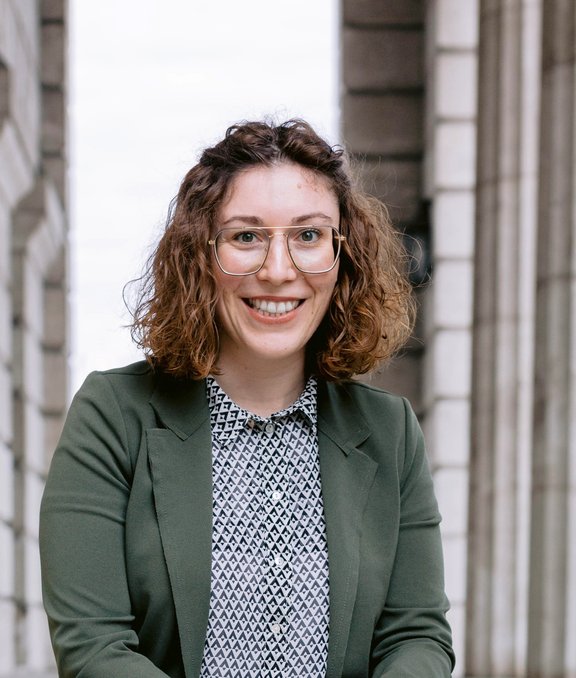
Magdalena Posch
"A Deliberative Democratic Approach to Legislation: An Analysis of the Austrian (Pre)Parliamentary Review Process"
(Preliminary Title of Thesis)
Research Interests: Deliberative Democracy, Policy Formulation, Parliamentary Processes, Participatory Practices, Civic Technology
https://www.linkedin.com/in/magdalena-posch-200507167/
https://twitter.com/MagdalenaPosch
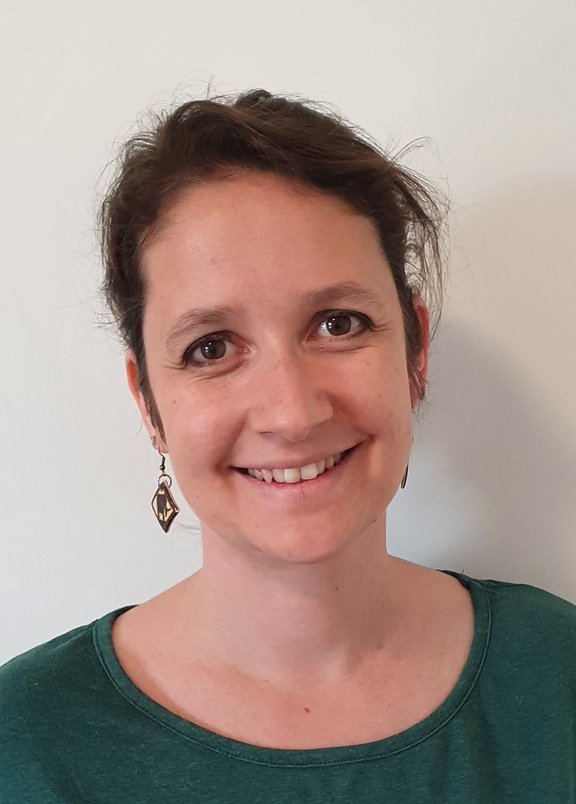
Susanne Reitmair-Juarez
"What’s (in their) news? Comparing Adolescents’ News Consumption with Traditional News Media Coverage"
(Preliminary Title of Thesis)
Research Interests: Citizenship Education, Political Communication, Youth’ Participation
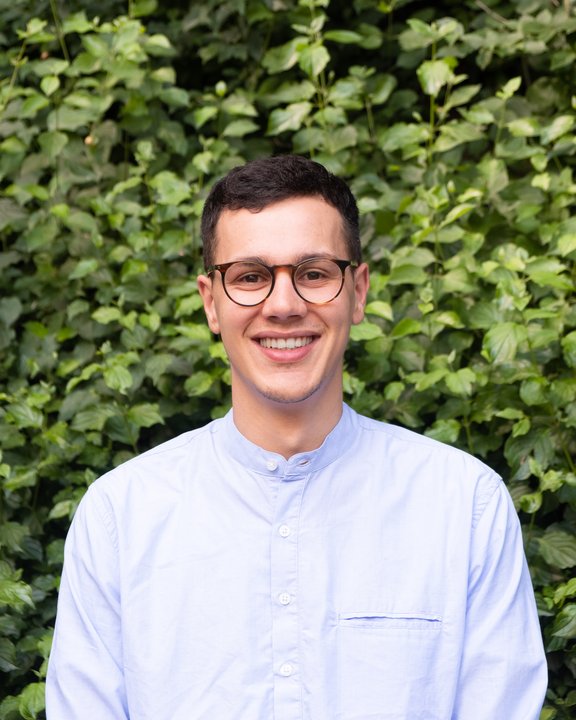
Christian Schwaderer
"Communicating through a pandemic: A comparative study on state crisis communication and public perception during the Covid-19 pandemic"
(Preliminary Title of Thesis)
Research Interests: Political Communication, Crisis Communication, Crisis Management, Quantitative Text Analysis
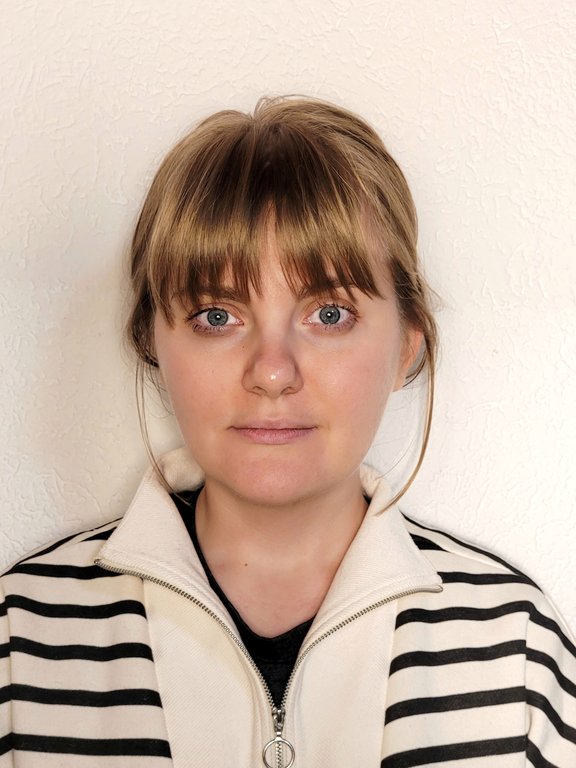
Oleksandra Terentyeva
"Politics of Memory as a Practice of Decolonization "
(Preliminary Title of Thesis)
Research Interests: Politics of memory, decolonization, postcoloniality, Ukraine, Eastern Europe
https://twitter.com/@sashainacademia
https://www.linkedin.com/in/sashaterentyeva/
https://www.sashaterentyeva.com/
https://www.hnizdoinnsbruck.org/de/startseite
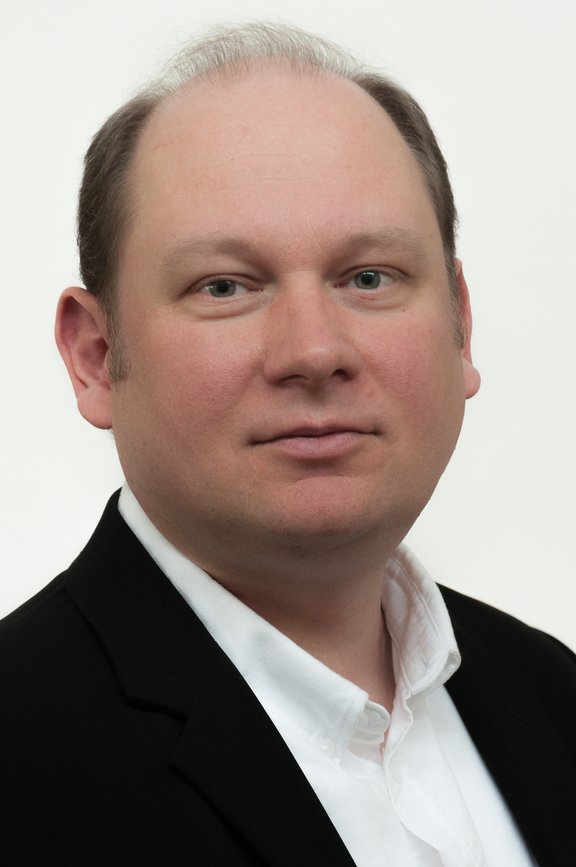
Philipp Umek
"Local elections and voting in Austria"
(Preliminary Title of Thesis)
Research Interests: Election Studies
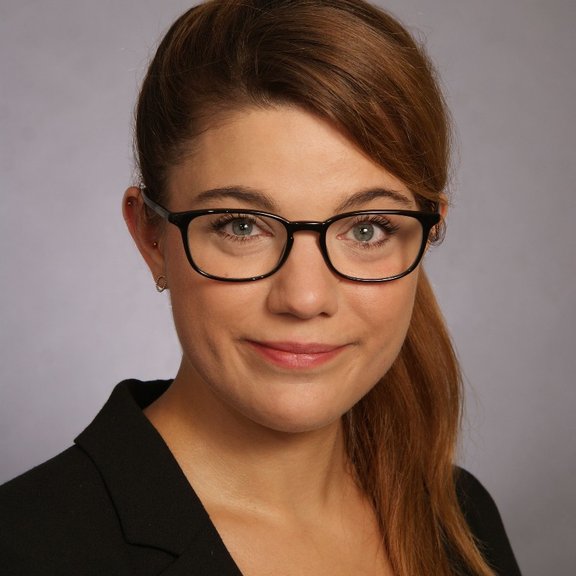
Maren Vieluf
"Norm Robustness Put to a Test: The Case of Nuclear Prohibition Norms"
(Preliminary Title of Thesis)
Research Interests: Nuclear Disarmament, Arms Control, and Nonproliferation; Nuclear Testing; Norms
https://twitter.com/MarenVieluf
www.linkedin.com/in/maren-vieluf
https://bsky.app/profile/marenvieluf.bsky.social
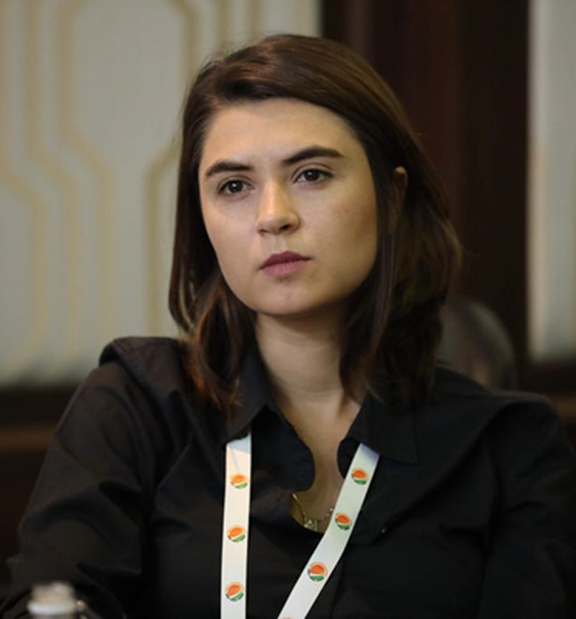
Ana Fernandes - ALUMNI 2023
“Territorial dynamics under democratic breakdown - A Comparative Study of Latin American Cases”
(Title of Thesis)
Research Interests: Federalism and democracy, Latin America, Comparative Politics
https://twitter.com/@anatrfernandes
linkedin.com/in/anatereza-fernandes
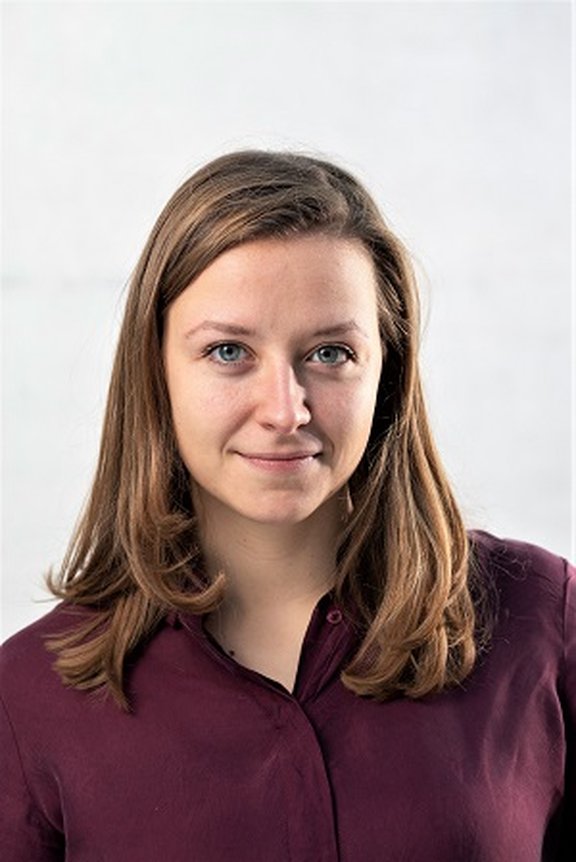
Trix van Mierlo - ALUMNI 2022
"Does the Barking Dog Bite? Civil Society Efforts to Subnational Authoritarian Enclave Democratization"
(Title of Thesis)
Research Interests: Social movements, subnational authoritarianism, subnational democratization
https://twitter.com/@MierloTrix
https://at.linkedin.com/in/trix-van-mierlo
Julia Fischer - ALUMNI 2022
"The political presence of patients : analyzing representative claims"
(Title of Thesis)
Research Interests: Health politics and policy making, Representative claims theory, Interpretive research methods
As a menber you can...
- participate in workshops, courses and guest lectures
- discuss your work with peers and faculty
- apply for a dissertation fellowship from the University of Innsbruck's Young Researchers Program
- access funding for research trips & writing weeks
- profit from the international networks of the faculty
- join the DC regulars` table
Prospective and current PhD students interested in our Doctoral College Politics, Power and Language are cordially invited to apply by sending your application to epos@uibk.ac.at. Applications are accepted year-round and reviewed on a bi-annual basis.
Your application should include
- letter of intent (1p)
- CV
- short dissertation proposal (2-5pp)
Timeline
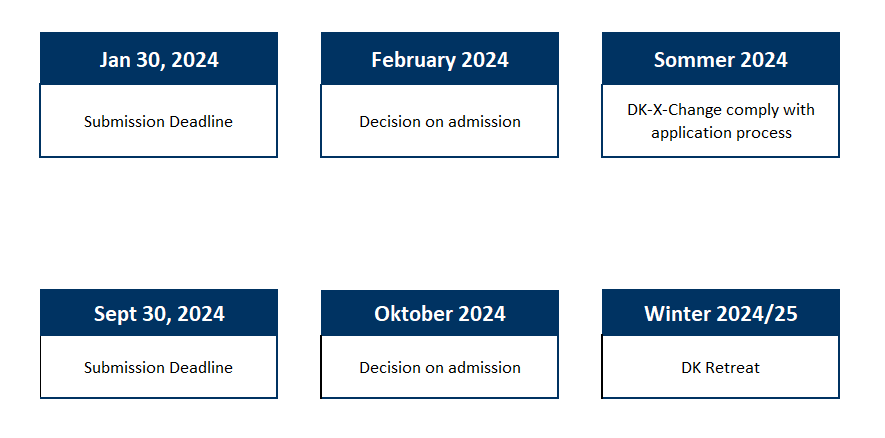
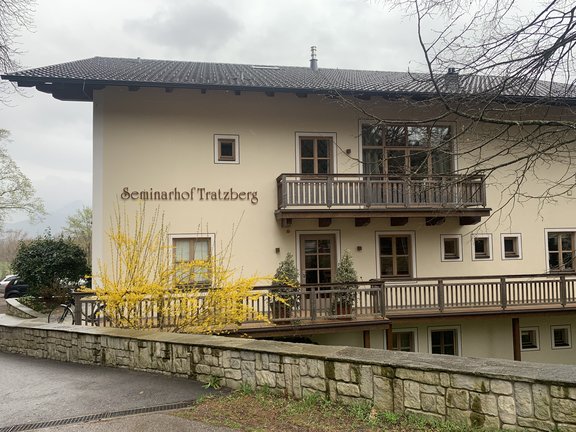
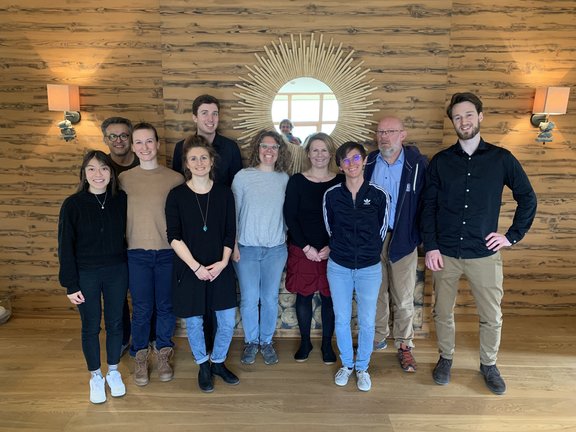
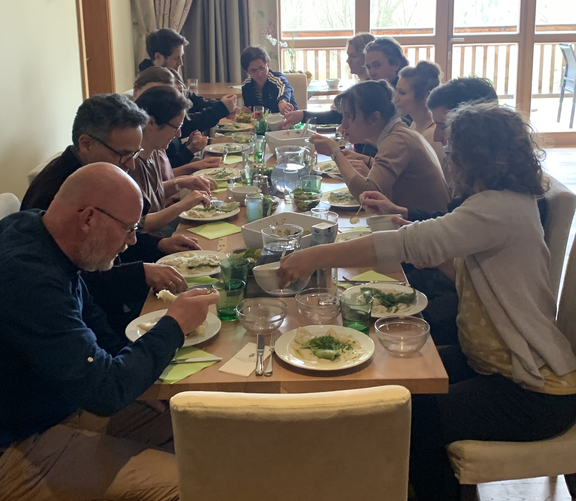
In einer 3-tägigen Klausur von 31. März bis 2. April nahmen sich die Mitglieder des Doktoratskollegs Political Institutions and Leadership in a Contingent World Zeit die vielen Änderungen der letzen Monate gemeinsam zu besprechen und die individuellen PhD Projekte individuell, aber auch in der Gruppe voranzutreiben.
Klausur des Doktoratskollegs Political Institutions and Leadership in a Contingent World (bald Politics-Power-Language)
Da im Doktoratskolleg in den letzten Monaten zahlreiche Änderungen eingetreten sind, eine neue Leiterin, eine veränderte bzw. erweiterte Ausrichtung und eine interdisziplinärere Faculty, war es für alle Beteiligten nach zwei Jahren digitaler Interaktion wieder wichtig richtig zusammenzufinden.
In der 3-tägigen Klausur wurden folgende Inhalte bearbeitet: Neben Sitzungen der Faculty zur Weiterentwicklung des DKs, Überarbeitung der Statuten und anderen Richtlinien, wurde gemeinsam mit den Studierenden die Lehre für die kommenden Monate konzipiert und in verschiedenen Blöcken an den Inhalten der PhDs gearbeitet.
Block 1: How to conference – welche Aspekte, Inhalte, organisatorische Details sind zu berücksichtigen um das eigene Dissertationsprojekt erfolgreich bei einer Konferenz zu präsentieren.
Block 2: Present your Paper or Project
Block 3: World Café Diskussion der Papers / Projekte
Block 4: Writing Lab – erstes Einbauen der Anregungen und Idee die sich aus dem Feedback der vorhergegangenen Diskussion ergeben haben
Block 5: Austausch zu den Erfahrungen im DK & Ideensammlung für die Zukunft
Block 6: Fertigstellung eines Konferenzabstracts
Neben dem inhaltlichen Arbeiten, wurden alle Mahlzeiten zusammen zubereitet, fand sich die Zeit für gemeinsames Morgen-Yoga und auch das benachbarte Schloss Tratzberg wurde erkundet.
Die Mitglieder des Doktoratskollegs haben in allen Bereichen sehr vom persönlichen Austausch profitiert. Das inhaltliche Arbeiten der Faculty an den formalen Agenden des Kollegs war hier gebündelt und konzentriert möglich. Da im normalen Alltag für gewöhnlich nur „kurze“ Sitzungen machbar sind, war es sehr förderlich über mehrere Tage gemeinsam Details zu besprechen und auszuarbeiten. Die Inhalte der Statuten, der Homepage und die Anforderungen an Faculty und PhDs konnten neu fixiert bzw. durchgedacht werden.
Für und mit den Studierenden, konnte inhaltlich an ihren eigenen Projekten weitergearbeitet und ganz persönliche Fragen beantwortet werden. Es ist immer wertvoll, wenn sich mehrere Faculty Mitglieder Zeit nehmen einzelne Projekte zu besprechen und Input aus den verschiedenen Fachrichtungen und Lebensphasen zu geben. Auch die Möglichkeit gleich Vorort an den individuellen Projekten weiterzuarbeiten war sehr motivierend und es ist immer wieder hilfreich sich über die verschiedenen Aspekte des PhD-Lebens auszutauschen, ein Aspekt der leider viel zu kurz gekommen ist in den letzten zwei Jahren.
In den kommenden Monaten sollen formal alle Schritte getätigt werden um das Doktoratskolleg Politics – Power – Language „offiziell“ aus der Taufe zu heben, eine gute Präsentation auf der Homepage gefunden werden und im nächsten halben Jahr einen gemeinsamen FWF Antrag entstehen, mit der Absicht die finanzielle Situation der PhDs zu verbessern bzw. zu sichern und in weiterer Folge die anfallende Arbeit im Kolleg auf mehrere Schultern zu verteilen.
Wir bedanken uns ganz, dass sich alle Teilnehmer:innen die Zeit genommen haben und sind sehr zufrieden mit den erzielten Fortschritten und dem gestärkten Zusammenhalt in unserem Doktoratskolleg.
Uta Rußmann, Martin Senn und Eva Zipperle-Mirwald
(Leiterin, Stellvertreter, Koordinatorin)
Contact
Research Area EPoS Economy, Politics & Society
Coordinator: Dr. Eva Zipperle-Mirwald
Room o.1.3 | Universitätsstraße 15 | A-6020 Innsbruck
Phone: +43 512 507-39870
E-Mail: epos@uibk.ac.at

